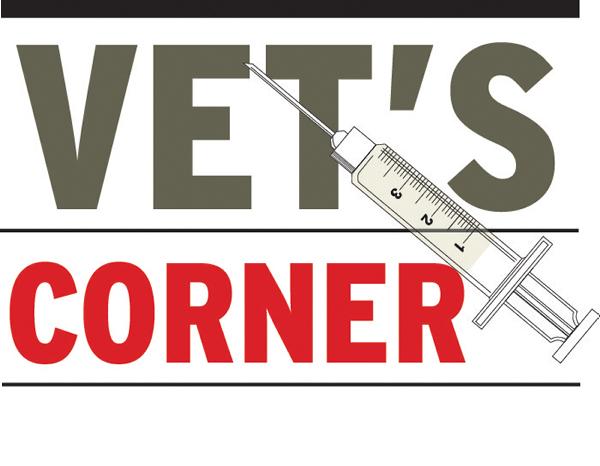Over the past few weeks, I have been called to examine a number of cows that are calving prematurely and have deformed calves. Vets are reporting a higher than normal incidence of abortions and deformities in both lambs and calves.
A few years ago, there was a new disease reported across Europe called Schmallenberg virus. Schmallenberg virus caused abortions and deformities in lambs and calves typically with bent or twisted legs that could not be straightened.
The virus was spread from animal to animal by the midge and the problems occurred when the animal was infected in mid-pregnancy – often during the summer and autumn months when the midge was active.
At that time, there were several confirmed cases and serological positives in bloods in Ireland. Spread seemed to be limited to the southern counties with only isolated cases north of a Dublin-Galway line.
There have been some confirmed cases across Europe this year, with a small number confirmed in Ireland. Confirmation can be difficult because the infection occurs several months before the cow loses the calf.
There are several causes of abortion in cattle and sheep and these can vary from infectious agents, physical injuries, dam factors to genetic causes.
Diagnosing the cause of abortions is the first step in preventing and controlling the problem. However, even with the best efforts, a diagnosis will not always be reached.
Aborted foetuses should always be submitted to the local regional vet lab along with any available placenta. You should contact your own vet to collect a sample from the dam to go to the lab. If it is not possible to send the foetus to the lab, the vet may be able to collect samples from the foetus.
Any animals that abort should be isolated and the foetus and placenta disposed of appropriately to reduce the risk of spread of infectious agents.
When calving cows or lambing ewes with deformed foetus, particular care needs to be taken to avoid injury or damage to the dam. If in doubt, contact your vet. Some agents that cause abortion in animals can also cause disease in people, so care needs to be taken when dealing with such animals to reduce the risk of transmission.
*Donal Lynch owns and runs Donal Lynch Veterinary, Tullamore, Co Offaly. Donal Lynch Veterinary is part of XLVets. XLVets is a group of progressive practices working together to achieve a better future for agriculture and veterinary in Ireland. Visit www.xlvets.ie.






 This is a subscriber-only article
This is a subscriber-only article










SHARING OPTIONS: